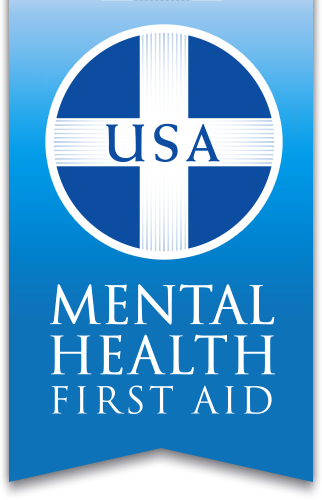The Post-Modern Social Justice Symposium
In
February, San Diego State University’s Counseling and Social Change Club hosted
an event in the Aztec Student Union called The Post-Modern Social Justice
Symposium. The symposium featured a lineup of speakers with various ties to
SDSU, including Dr. Tanis Starck, Liz Roccoforte, Elisa Barnett, and Patricia
Ruiz. The symposium comprised a motivational speech, and presentations on
LGBTQIA life, bi-racial identity, and intersectionality in feminism. I chose to
attend this event because social justice is an important cause to me, and
because I am interested in how to implement it within counseling, my favorite
aspect of school psychology.
Ms.
Barnett’s presentation gave an engaging, anecdote-rich view into life as
someone growing up with parents of two different races. As someone who has
never experienced the complexity of being multiracial, it never occurred to me
how trying it could be for someone to be forced to identify themselves in a way
that does not fully encompass all that they are, especially if they are young
and still developing that identity. This presentation gave me a valuable perspective
that will doubtlessly be of use to me as I go on to work with children of
diverse backgrounds, some of whom may struggle greatly with defining who they
are in a world that leaves them such limited options.
Much
like Ms. Barnett, Ms. Ruiz gave a presentation that broadened my perspective on
walks of life I have not personally experienced. Her presentation on
intersectionality in feminism showed that the experience of being female does
not exist in a vacuum; race and other factors of one’s identity are
inextricably linked to it, creating strengths and struggles that must be
understood and tended to uniquely. Having a better awareness of this phenomenon,
supported by the historical examples Ms. Ruiz provided (e.g. Sojourner Truth’s
“Ain’t I a Woman?”) has granted me a new lens through which to begin
understanding the experiences that my future female clients face.

Most
striking to me, however, was Ms. Roccoforte’s presentation on the complexity of
LGBTQ+ identities. The presentation began as a basic overview of the various
traits included under the LGBTQ umbrella, but went on to discuss how we can
make the world – particularly schools – a more hospitable place for those who
are LGBTQ. The idea is to normalize LGBTQ individuals by repositioning the
spotlight away from cisgender, heterosexual people, most notably by asking new
acquaintances what their preferred gender pronouns are as casually as one would
otherwise greet them. Admittedly, this seemed a bit awkward to me at first, but
it really does make sense, and has the potential to be a very useful practice.
The more I learn about various backgrounds, the more I see how little we can
afford to assume about people. It then follows that asking a new acquaintance
what their preferred gender pronouns are really is a reasonable thing to do,
and I expect it would be especially useful in a counseling setting. I believe
that by asking new clients for their preferred gender pronouns by default, I
can show that I am interested in centering the conversation around them, and am
open to however they wish to express themselves.
In
truth, the symposium did not entirely meet my expectations. It did not have a
very strong focus on counseling, and as far as I can recall did not make any
references to evidence-based practices or measuring the effectiveness of the
practices given. If the anecdotes are any indication, though, there is a lot to
be said for welcoming diverse people with not just open arms, but an open mind;
the best practice is to be humble in just how little we know about walks of
life we ourselves have not walked, and simply doing all that we can to support
people as they specifically need it.
- Michael K.
























